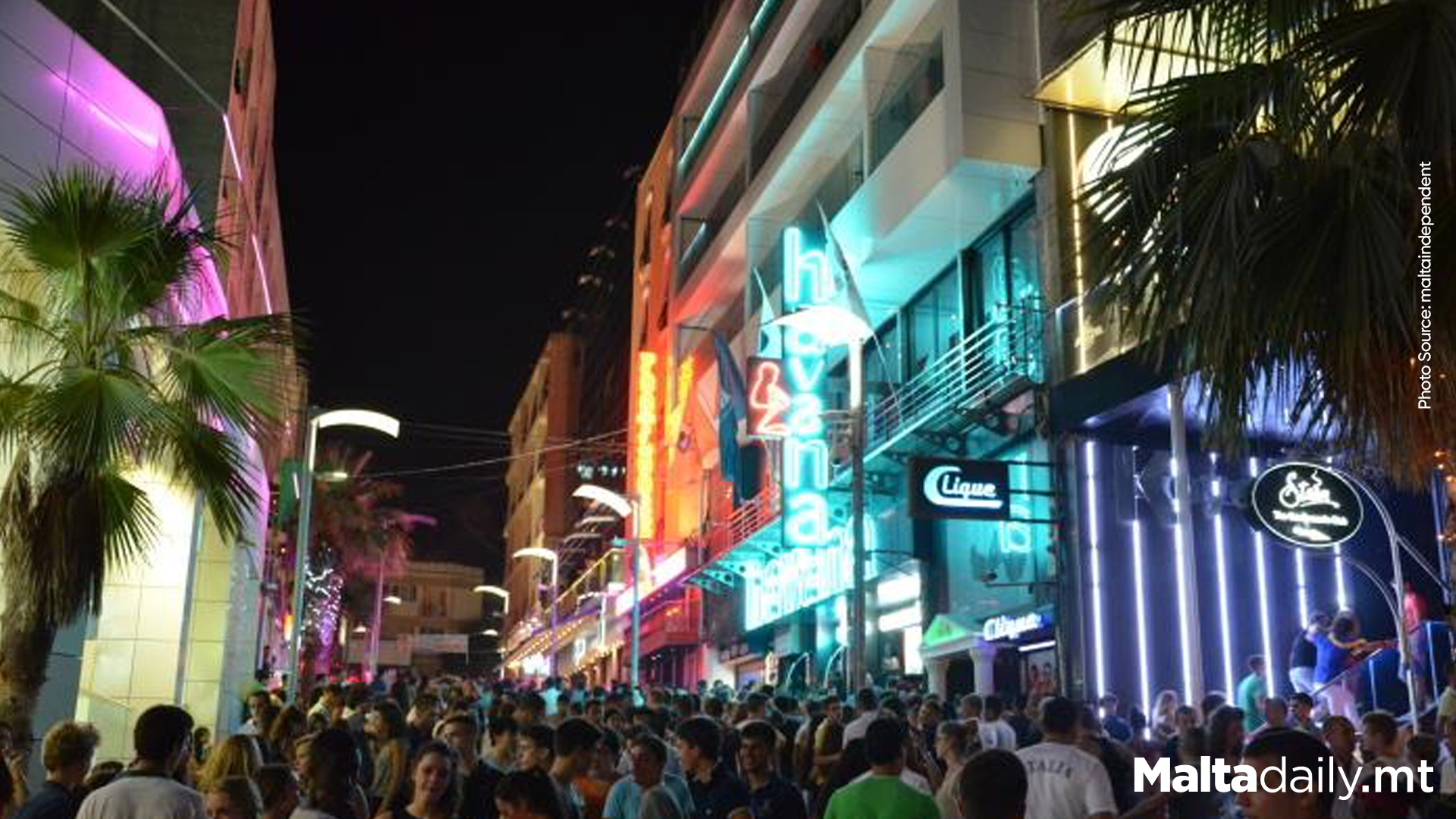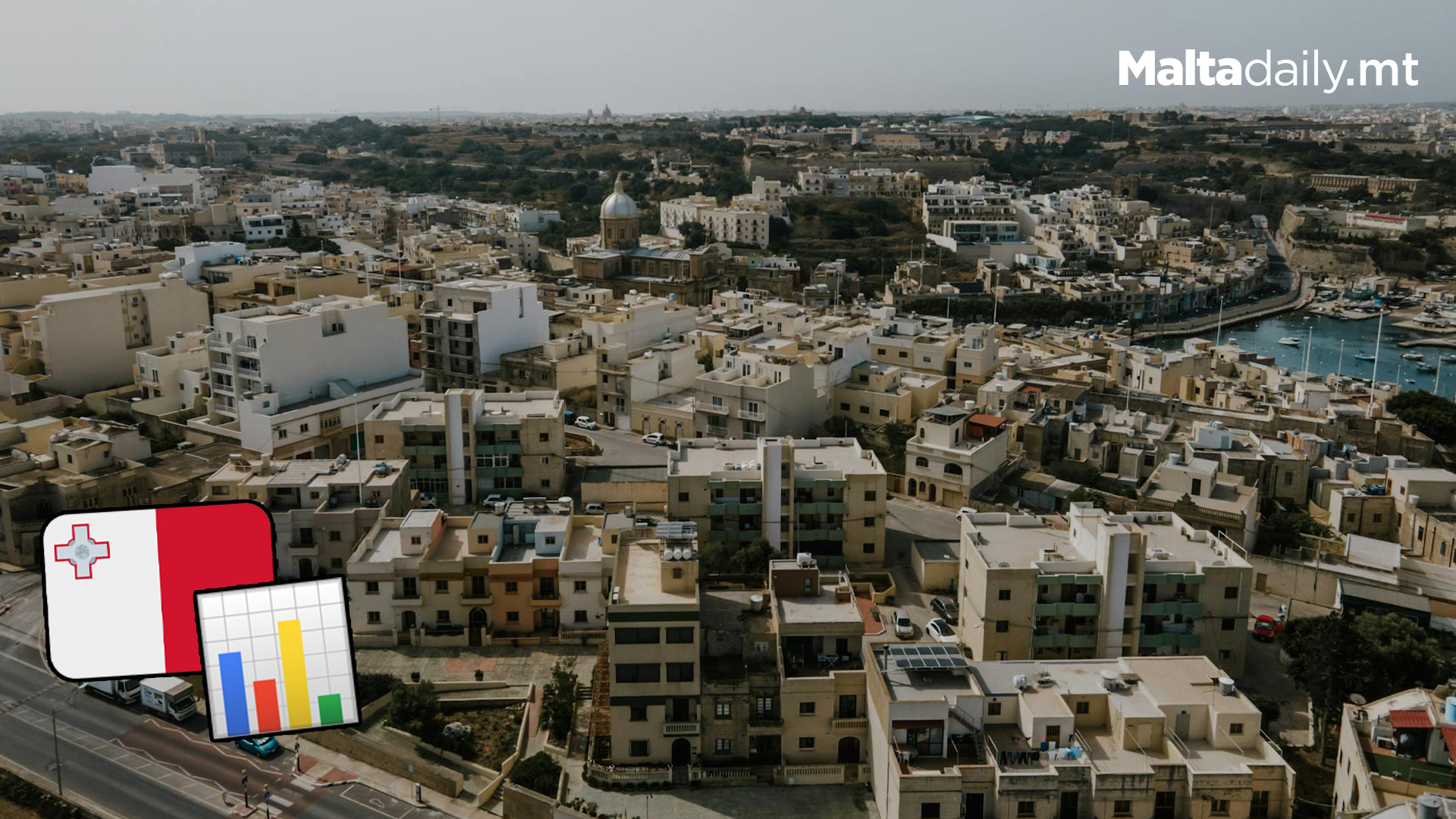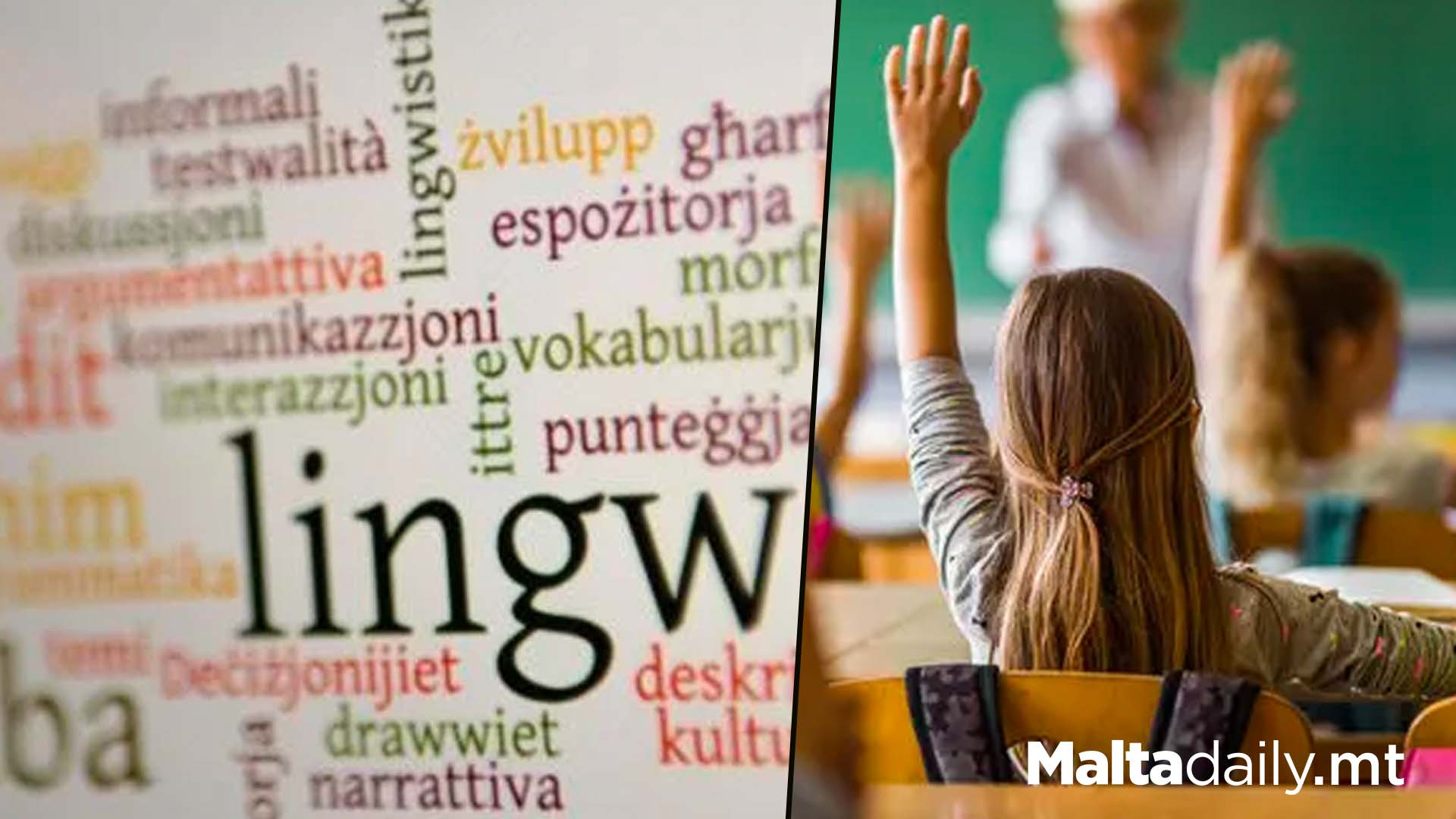
In a recent social media post, AI Professor Alexiei Dingli expressed profound gratitude and humility, marking a significant milestone in his quest to revolutionise urban transportation.
Dingli conveyed sincere appreciation to entrepreneur Mark Bajada, not only for his financial support but for wholeheartedly embracing the vision of creating a digital traffic brain to tackle congestion issues.
The innovative project, conceived by Dingli, envisions a future where technology and smart solutions play a pivotal role in reshaping the dynamics of road navigation. Bajada’s investment, as highlighted by Dingli, goes beyond financial backing; it symbolises a resounding vote of confidence in a future characterised by innovation and intelligent solutions, fostering smoother and more efficient roads.
The collaboration between Dingli and Bajada signifies more than just addressing traffic challenges; it represents a bold stride toward embracing innovation and instigating positive change in urban mobility.
Dingli’s social media post vividly portrays a journey that commenced as a dream and is now unfolding into a reality, exemplifying the transformative power of collaboration and a shared vision.
At the heart of this groundbreaking initiative lies the concept of a “digital traffic brain.” This inventive solution utilises artificial intelligence to analyse and manage traffic patterns, offering real-time insights and solutions to alleviate congestion. As urban centres globally grapple with the challenges of increasing traffic, Dingli’s project emerges as a beacon of hope, promising a future where connectivity takes precedence over congestion.
Dingli also extends gratitude to everyone contributing to this transformative adventure, recognising that the success of such visionary endeavours is intricately tied to the collective efforts of a dedicated team and supportive community. It reflects the ethos of collaboration and shared enthusiasm for a future characterised by less congestion and seamless connectivity.
Alexiei Dingli, a Maltese artificial intelligence expert, secured €1.3 million in funding for his AI-powered traffic management system after his appearance on TVM’s Shark Tank.
The initiative received praise from entrepreneur Mark Bajada, who likened Dingli to the “Steve Jobs of Malta” and offered €1.3 million for half of the business.
Dingli’s innovative solution, forecasted to make profits of €500,000 in its first year, stands out for its holistic approach to traffic management, promising a 15% improvement in overall traffic flow.
Photo Source: Shark Tank Malta
#MaltaDaily









